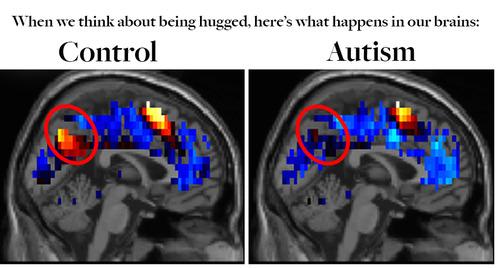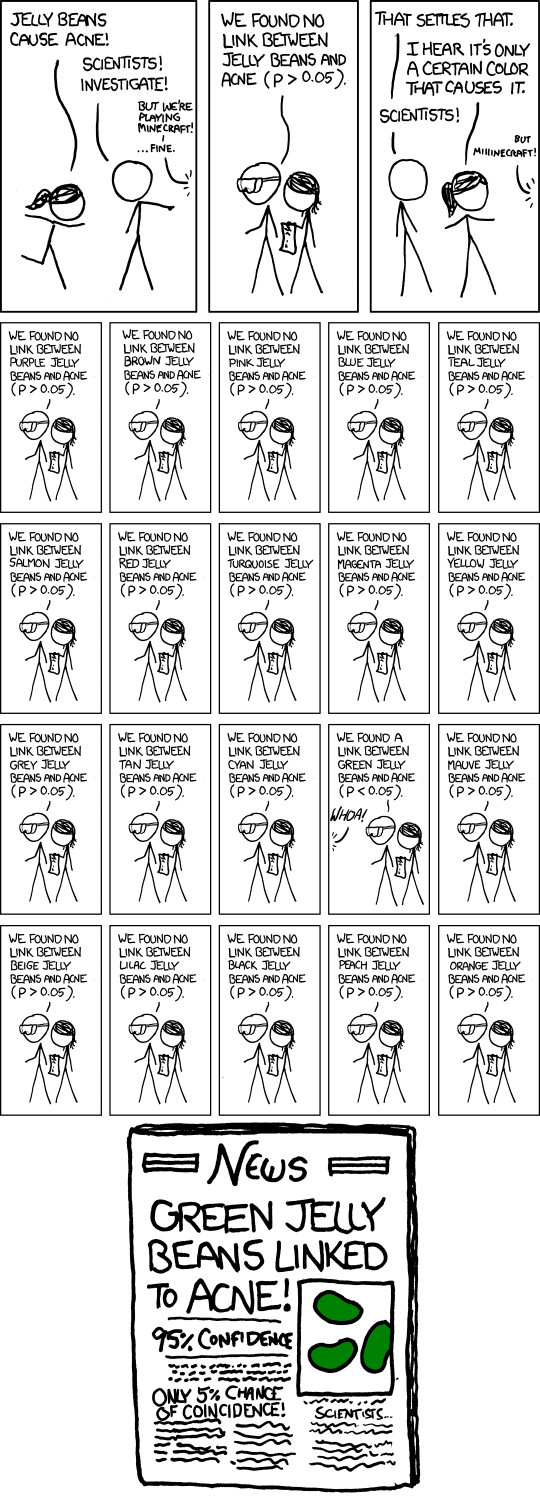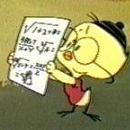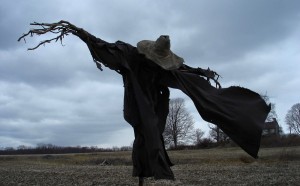MRI Scan might diagnose autism with 97% accuracy
Seeing How The Brain Responds To Hugs Could Lead To Better Autism Diagnosis
by Jennifer Gerson Uffalussy
December 3, 2014
But now, Carnegie Mellow University researchers have created a potentially decisive way to diagnose autism— and other psychiatric disorders — with 97 percent accuracy: By examining how our brains respond to the thought of a hug.
It’s common knowledge that people with autism act differently in social interactions than those without. Their ability to tune in to the thoughts and feelings of others does not develop in the same way as their neurotypical peers. “This means there is something different in their thought processes,” says lead researcher Marcel Just, D. O. Hebb Professor of Psychology at Carnegie Mellon University. ”So we know the difference has to be in the brain.”
Just and his team discovered the exact part of the brain — and thus, the area of thought creation — in which those with autism process information differently. And this difference can be seen on a simple brain scan.
“These brain images illustrate how the brain representations of a social interaction, “to hug” in this example, differ between neurotypical and autistic participants. The image on the left shows the neural activation for “hug” in the control participants; the image on the right shows the autism group’s near absence of activation in the brain’s posterior midline region – an area which contributes to the representation of the “self.” Although these images show the group average activation patterns, the brain representations of the social interactions in individual participants were sufficiently distinctive to allow participants to be identified as belonging to the autism or control group with 97% accuracy.”[/i] (Image courtesy of Carnegie Mellon University)
Just’s research was published on December 2, 2014, in the journal Plos One.
read full article: https://www.yahoo.com/health/seeing-how-the-brain-responds-to-hugs-could-lead-104168308312.html
_________________
"Everyone is a genius. But if you judge a fish by its ability to climb a tree it will live its whole life believing that it is stupid."
- Albert Einstein
This is very interesting.
I have noticed that many autistic people report that they do not like hugging or being hugged. Others like hugging and cuddling, sometimes to the point of having social boundary problems with this.
I like hugging, though I am not a huggy person and find cultures with lots of social embracing (French, Russian, Italian) hard to navigate. I somewhat envy the easy physicality of those people, but I am on the outside looking in there. I am Anglo-american and can somewhat get by in those contexts with the idea that my reserve is to do with being northern/English.
I like hugging my wife and children very much. My son (also with an Aspergers DX) also likes hugging. I can recall discussing this on the parents board and some other parents reporting that their ASD kids liked hugging.
I wonder if the MRI pattern would be visible in those autistic people who like hugs, or if we are the 3%? Or might this lead to the recognition of a subgroup within ASD or a newly differentiated diagnosis?
The story did not reveal much about how the ASD group was selected for the study.
The comments to that story were quite interesting, too.
Sweetleaf
Veteran

Joined: 6 Jan 2011
Age: 35
Gender: Female
Posts: 35,023
Location: Somewhere in Colorado
A very limited number so far. IN adult cases only 17 high functioning adults. It is certainly too early to know for certain that this will be a decisive means to predict or diagnose autism, But it sounds like they may be on to something... the abstract for one of the major studies can be found here:
http://www.plosone.org/article/info%3Adoi%2F10.1371%2Fjournal.pone.0113879
_________________
"Everyone is a genius. But if you judge a fish by its ability to climb a tree it will live its whole life believing that it is stupid."
- Albert Einstein
A very limited number so far. IN adult cases only 17 high functioning adults. It is certainly too early to know for certain that this will be a decisive means to predict or diagnose autism, But it sounds like they may be on to something... the abstract for one of the major studies can be found here:
http://www.plosone.org/article/info%3Adoi%2F10.1371%2Fjournal.pone.0113879
This is interesting. There was a study based on small numbers that showed some physical differences in the brains of the autistic sample--a recent study with a much larger sample eliminated the reported result from the earlier study (I don't have the link just now but will look it up, I probably read on SFARI news.) It's wise to be cautious about this kind of result when the numbers are small.
I hope something like this does turn up--it would simplify the diagnostic process and perhaps insurance companies would be compelled to pay for such testing, which would make diagnosis more accessible to many adults.
I'm curious about what other psychiatric disorders they are looking at, and whether they are assessing each disorder on an individual basis or using this as a broad test to differentiate between multiple disorders.
In other words, is this really a "test for autism" or a "test for various psychiatric disorders"?
And do these results re: thinking about a hug reflect something about the in-born nature of autism? or instead something about how the person develops in response to their environment?
Thinking for instance, one autistic person may have a lot of hugging forced on them by other people during childhood and may develop a different brain response compared to an autistic person who was not forced.
Interesting. My parents hugged me a lot when I was very young. Some of my earliest memories (~age 1) are of being hugged by my mom, dad and sister in our tiny New York apartment kitchen. It seemed to me that they would grab me and hug me and we would all stay in a hug for a really long time.
This also made me think of this:
http://sfari.org/news-and-opinion/conference-news/2014/society-for-neuroscience-2014/fond-caresses-loving-squeezes-shape-the-social-brain
I am very rarely hugged because most people know how serious I am about my space not being invaded. It would be nice if I could have a visible bubble so people do not enter my space without my permission. However- if they do have my permission and I enjoy hugs from them, then I would gladly hug them as often as they'd like. So, is this test saying that Autie's don't like contact? Or don't like to be hugged? Plus, I feel like the defining characteristic of whether or not someone is an Autistic, is not whether or not they like hugs..... I'm not quite convinced.
_________________
--Nyx-- What an astonishing thing a book is. Across the millennia, an author is speaking clearly and silently inside your head, directly to you... Carl Sagan
Yeah, I have to agree with you - it is not the defining characteristic - For me being hugged is kind of like having visitors or being close to my brother - I like the idea in theory - But it just doesn't happen - very often anyway. It might be that the idea registers differently in the brain in people with autism and it might be that it registers differently to a measurable degree on an MRI Scan.
_________________
"Everyone is a genius. But if you judge a fish by its ability to climb a tree it will live its whole life believing that it is stupid."
- Albert Einstein
If you read the part of the article just after the excerpt you'll see that it's not about hugs at all. They just latched onto that to make a good headline.
Whereas the control subjects showed activity in the part of the brain associated with self-representation, the subjects with autism did not. This means that the autistic individuals envisioned the words and actions being told to them without themselves as a participant in defining the scenario, while the control group saw themselves being hugged, complimented, kicked, and insulted when thinking about these concepts.
If you read the part of the article just after the excerpt you'll see that it's not about hugs at all. They just latched onto that to make a good headline.
Whereas the control subjects showed activity in the part of the brain associated with self-representation, the subjects with autism did not. This means that the autistic individuals envisioned the words and actions being told to them without themselves as a participant in defining the scenario, while the control group saw themselves being hugged, complimented, kicked, and insulted when thinking about these concepts.
Thanks for pointing this out. Somehow, when I followed the link, I did not see the "read more" widget and so missed all that. It's weird to go back and see it and wonder how I missed it the first time.
This is interesting. I think words are just like letter variables--they mean whatever convention says they mean but have no intrinsic value. I don't see any words as producing an emotional reaction on their own.
For some reason this makes me think of Monty Python:
| Similar Topics | |
|---|---|
| Accuracy of DNA testing |
01 Feb 2025, 9:06 am |
| How can autism be monetized? |
30 Jan 2025, 10:37 am |
| Autism challenges |
12 Jan 2025, 1:29 pm |
| Autism & Talking |
02 Feb 2025, 6:39 pm |









